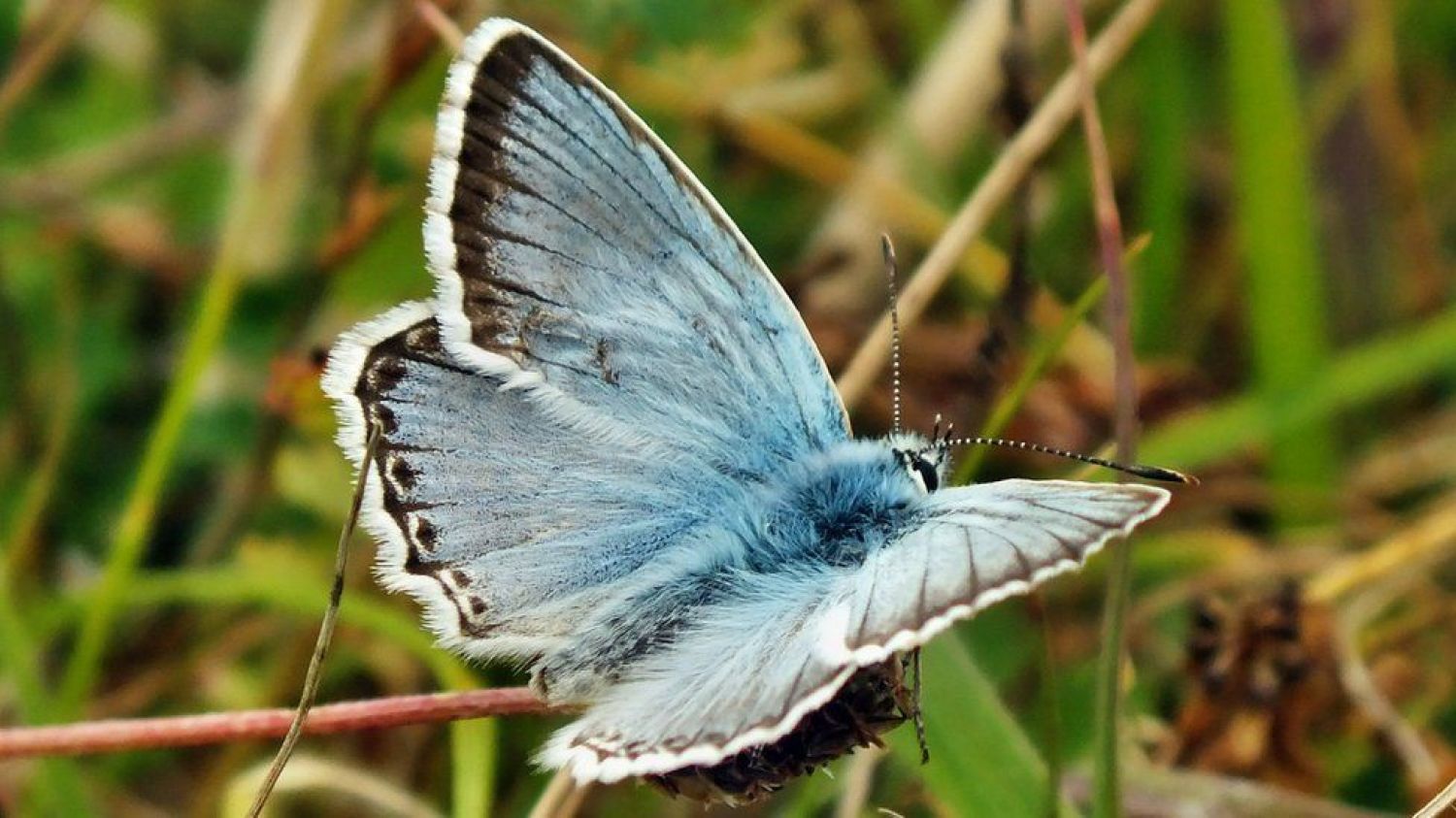
Wildlife Trust Habitat Project Aims to Tackle Climate Crisis
Jul, 12 2021
In just under thirty years time the welfare of our natural environment is under threat. Unless positive work is inputted it could be seriously damaged which includes the animals that live around it.
Thankfully, a sum total of £2 million has been provided by the People’s Postcode lottery to sustain places across the UK. This includes improving fragmented wetland across England and Wales to allow more beavers to inhabit the area.
Coastal salt marshes in Essex will also be expanded and peatland habitats in five counties restored.
These fantastic “nature based solutions” will enable the UK to cut carbon emissions to “net zero” by 2050 according to The Wildlife Trust.
Chief executive Craig Bennett described nature as “our biggest ally in limiting global temperature rises”.
He went on to express his concerns,
"We need to cut emissions at source to fight climate change and we can also have a big impact by restoring nature because wilder places lock up carbon. That means repairing the amazing habitats in our seas, rewetting peatlands, dramatically changing how we manage farmland, rewilding landscapes, and bringing back habitats that have been lost.”
The 12 "high impact" projects will focus on:
- Creating habitat features to help temperature-sensitive butterflies in Bedfordshire, Cambridgeshire and Northamptonshire
- Restoring fragmented wetlands, paving the way to bring back beavers in Cheshire, Staffordshire and Shropshire and North Wales
- Peatland repair and sphagnum moss farming in Cumbria, to create a vast nature reserve within the South Lakeland district
- A woodland creation and restoration in the Derwent Valley in Derbyshire to help reintroduce species of pine marten
- Developing a site at Woodah Farm in Devon to explore the impact less intensive farming while focusing on revitalising soil health
- Expanding saltmarsh restoration along the Essex coast to help encourage sediment accumulation and plant growth
- Seagrass restoration in the Solent on the Hampshire coast to increase biodiversity. Seagrasses capture carbon up to 35 times faster than tropical rainforests
- Creating a nature recovery network in Nottinghamshire to improve soil and water quality, including the introduction of five species of herbs and grasses
- Natural flood management measures across a river catchment in Sheffield and Rotherham with the creation of woodlands and rewetting former wetlands
- Survey work to enable lowland peatland restoration and development of techniques to monitor carbon capture and emissions in Somerset
- Working with local fishery managers to restore a lost kelp forest off the Sussex coast to provide a crucial habitat for juvenile fish
- Restoration of the Great North Bog - a gigantic swathe of peat bog across Yorkshire, Cumbria, Durham, Lancashire and Northumberland
Wildlife projects to help tackle the effects of climate change and restore animal habitats have been unveiled by a charity.
^Alex Ashworth CCG UK Blogger






